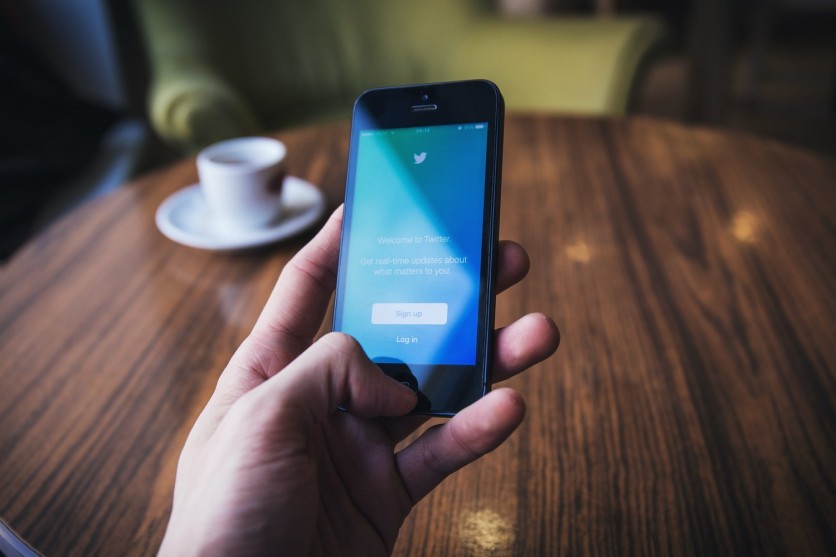
With the highlight of Jack Dorsey stepping down as CEO and Parag Agrawal stepping in, Twitter is already making some changes starting with an update of its private information safety policy. The social network will now be banning users from posting images of other people without their consent.
Twitter has freshly upgraded its privacy information safety policy to implement banning users from sharing images or videos of private individuals unless they have consent. This update will add to the company's list of bans that are already being implemented.
Here are the Current Twitter Bans Unless Permission is Acquired:
- Location
- Identity documents
- Financial information
- Medical data
- Non-public contact information
Twitter Anti-Harassment and Anti-Doxxing Policies
The update also helps make the anti-harassment and anti-doxxing policies "more robust," according to the story by TechCrunch. This, however, does not necessarily mean that Twitter will require its users to get consent from all the individuals whenever a photo or video is posted. As previously noted in an article here on TechTimes, Twitter has its own safety mode that promotes anti-harassment and better security for its users.
If a person wants certain media taken down, Twitter will take the media down as per the new privacy update. Twitter explained that the social media network would remove it when they get a notification from an individual depicted or an authorized representative that no consent was given to share a private image or video.
How Twitter Deals with Public Figures
The policy, however, is not applicable to media that is featuring public figures or individuals whenever media and accompanying Tweet text are shared in the public interest or if they add value to public discourse. In the case of public figures, there are some exceptions, as explained by Twitter.
The social media network clarified that they may still remove content that is intended for harassment in line with its own existing policies directly against abusive behavior, which includes the ban of non-consensual images.
The company revealed that it has a policy when it comes to public figures stating that when deciding whether or not they should remove content about public futures, Twitter will still assess whether the information is already available on other public media like newspapers and TV.
Here are Things Not Permitted on Twitter:
- Threats to expose someone's private information publicly.
- Sharing information that would give individuals the ability to hack or gain access into someone else's private information without their given consent.
- Asking or offering a financial reward or bounty in exchange for getting someone's private information.
- Asking for a financial reward or bounty in exchange for abstaining from posting someone's private information or in a more general term, blackmail.
Twitter is expanding its privacy information safety policy to help protect its users from potential blackmail or scandals within the social media network. This new update would give users more ground to block media that were shared without consent.
Related Article : Who is Parag Agrawal? Introducing the New CEO of Twitter
This article is owned by Tech Times
Written by Urian B.




